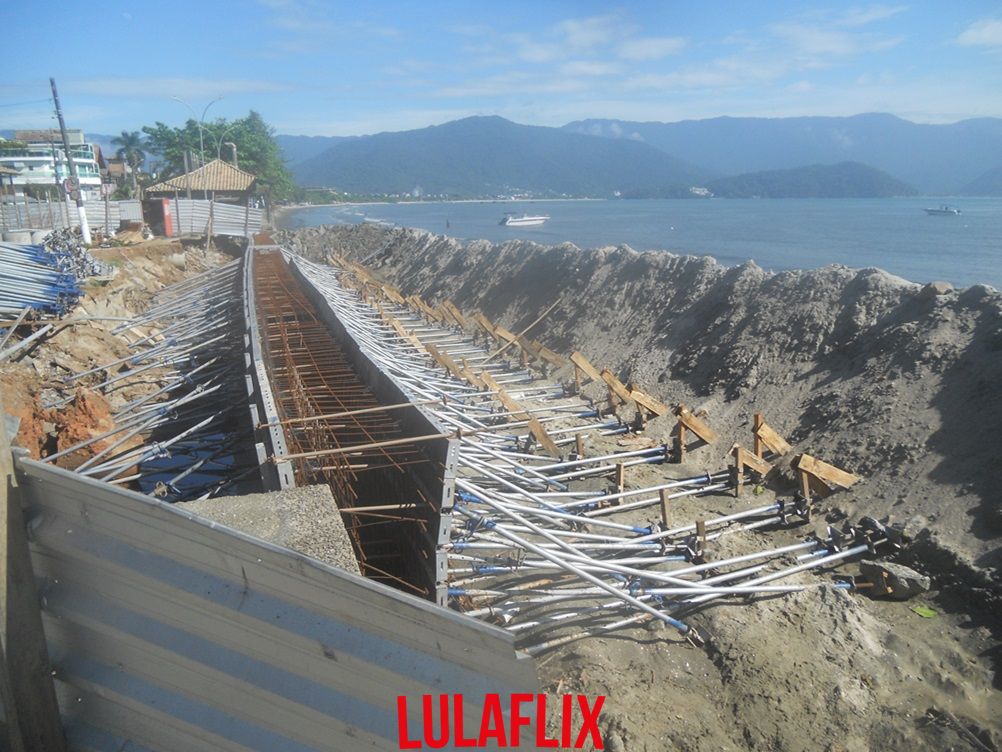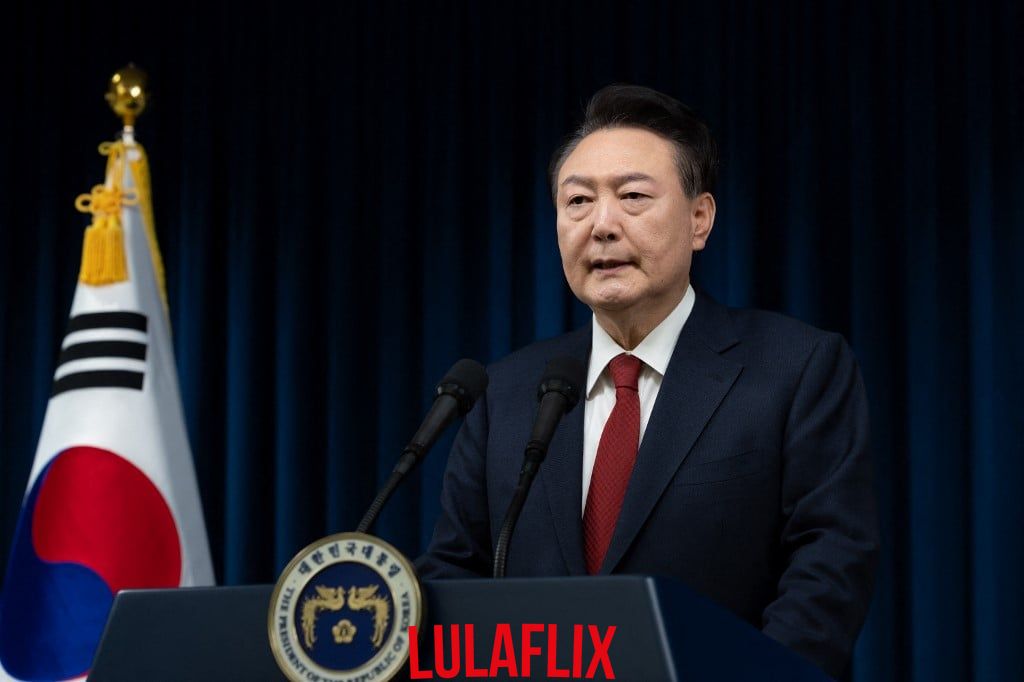Where Water Flows
by Heraldo Campos
Where Water Flows makes modifications. It can dissolve minerals from rocks and carry their components far away for deposition. It can form rivers, lakes, and oceans, accumulating a significant volume of aquatic species. It can both recharge aquifers and overflow in flood-prone areas, causing economic losses in urban areas.
The introduction above opened the e-book Where Water Flows – collection of articles, which was the first collection, published in 2019, that brought together 74 articles in fac-símiles written for the newspaper Gazeta de Ribeirão, between 2006 and 2012, and aimed to disseminate the theme related to Earth Sciences, with emphasis on the Guarani Aquifer, from works often restricted to the technical and/or academic sphere. Although it is a slow process, like the work of water in some situations, the texts intended to stimulate minds and hearts on the path of community action from that area of activity.
A second collection, Where Water Flows – collection of articles before and during the quarantine, grouped in the publication of the e-book of 2021 a total of 104 small chronicles that were motivated by the need to talk about our daily life, living most of the time in quarantine due to the COVID-19 pandemic, covering various topics such as politics, football, geology, and many memories of a not-so-distant past.
A third collection, Where Water Flows – the fight for democracy in the midst of climate changes (and football), published also in the format of an e-book in this 2024 that is ending, contains 55 chronicles written over the last three years, during a period of difficult and dark times lived in politics, on the planet, and in football.
For the year 2025 that is approaching, the idea is to conclude this phase or cycle of e-books with a fourth collection titled Where Water Flows – attempts at dissemination and popularization of technical-scientific works, bringing together 66 articles in fac-símiles published during a period of almost 20 years (1987 to 2006) in various regional newspapers in the states of São Paulo, Santa Catarina, and Rio Grande do Sul, still in paper format, and some of which are currently out of circulation.
Thus, to conclude, as the intention in these 47 years of professional activity in this long road of geological life was to disseminate in newspapers, blogs, and news sites of different subjects such as underground waters, mining, geotechnics, geological risks, education, and others, with texts written individually and in co-authorship, nothing better than a excerpt from the song “Estrada da Vida” by Milionário and José Rico, released in 1977, which says: “In this long road of life / I’m running and can’t stop / In the hope of being a champion / Reaching the first place”. (Obs. Champion, collectively, like a football team!).
Nota
The three collections mentioned in the format of e-book can be accessed, free of charge, through the System of Libraries of the University of Campinas (UNICAMP), in the following direction, writing Heraldo Campos in the Search field:
*Heraldo Campos is a geologist (Institute of Geosciences and Exact Sciences of UNESP, 1976), master’s degree in General and Applied Geology, and Ph.D. in Sciences (Institute of Geosciences of USP, 1987 and 1993), and postdoctoral degree in hydrogeology (University of Catalonia and School of Engineering of São Carlos of USP, 2000 and 2010).
This text does not necessarily represent the opinion of the Jornal GGN. Do you agree or have a different point of view? Send your article to[email protected]. The article will be published if it meets the criteria of the Jornal GGN.
“Democracy is a fragile thing. Defending it requires a courageous and forceful journalism. Join us:www.catarse.me/jornalggn“



